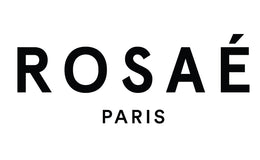Sustainable Fashion Label
LABEL & CERTIFICATIONS
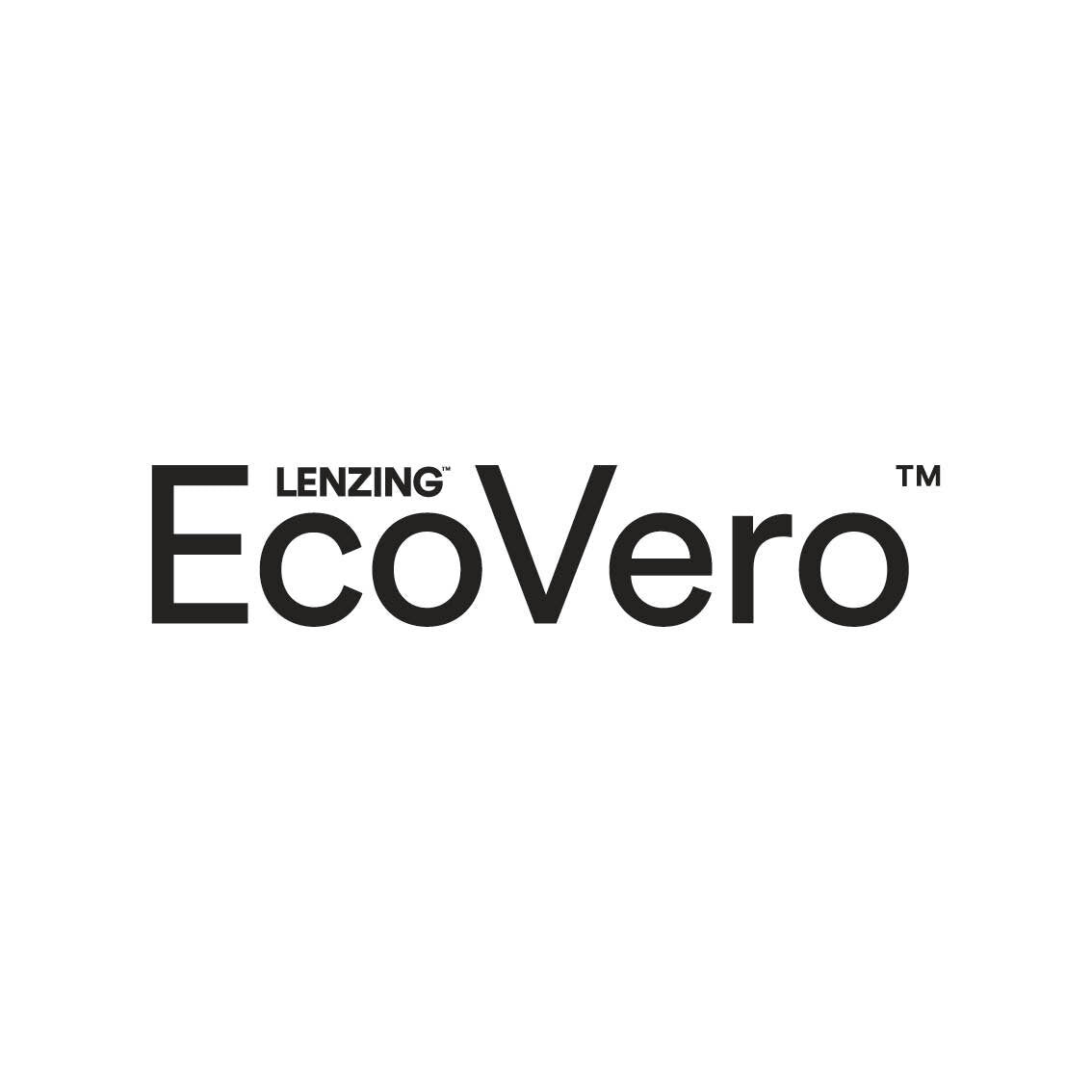
ECOVERO - Le Lenzing EcoVero est une fibre écologique composée de pulpe de bois issue de forêts durables, certifiées FSC (Forest Stewardship Council) ou PEFC (Pan European Forest Certification). Le label EcoVero ne reconnaît que les produits qui sont durables en prenant en compte non seulement les matières premières, mais aussi la fabrication, la distribution et ce, jusqu'à la fin du cycle de vie du produit. Jusqu'à 50 % des déchets d'énergie et d'eau sont évités dans le processus de fabrication d'un Lenzing EcoVero.
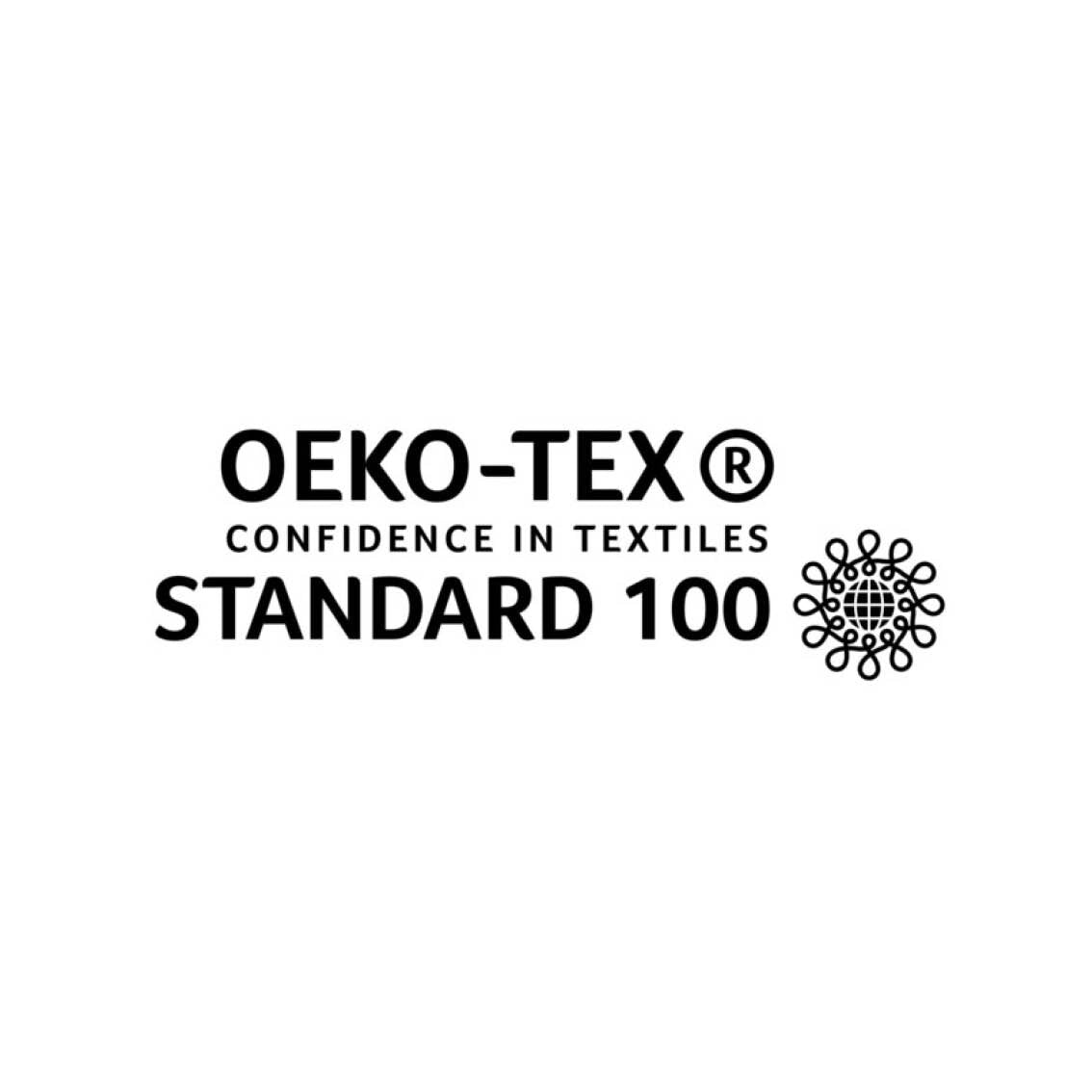
OEKO TEX - Née en 1992, Oeko-Tex est une certification indépendante qui vise à contrôler l'utilisation de substances nocives dans l'industrie textile. C'est aujourd'hui l'une des certifications les plus répandues et reconnues dans le monde entier. Les entreprises certifiées Oeko-Tex sont régulièrement auditées afin de fournir la certification la plus pertinente et la plus sûre possible.
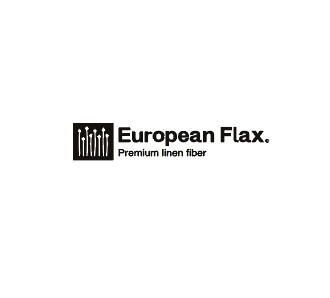
EUROPEAN FLAX - Notre lin certifié EuroFlax est cultivé de Caen à Amsterdam, de la France aux Pays-Bas. La France, premier producteur mondial de lin, a toujours favorisé l'essor économique des zones rurales. Aujourd'hui, ces producteurs européens sont réunis autour du label European Flax, qui garantit l'origine du lin et la durabilité de la production. Par exemple, toute la plante est utilisée afin d'éviter le gaspillage, l'utilisation d'engrais est fortement réduite, et les OGM sont totalement interdits.
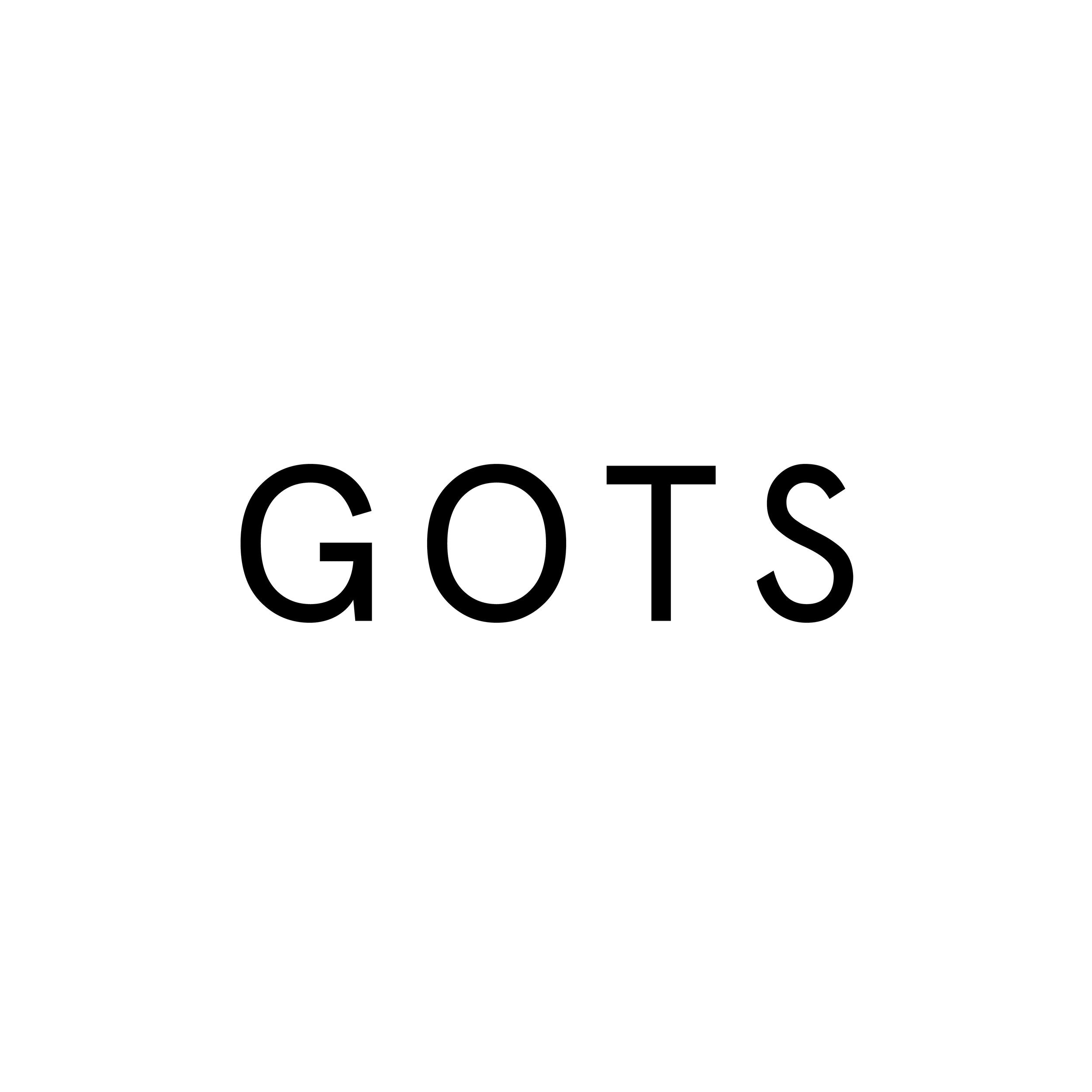
GOTS - Le « Global Organic Textile Standard », connu sous le nom de GOTS, est une certification mondiale qui garantit que l'utilisation de produits de blanchiment, de teintures ou d'autres produits chimiques toxiques est fortement limitée au cours du processus de fabrication. Pour être certifié, au moins 70 % du tissu doit être biologique et l'impact sur l'environnement doit être très faible afin d'éviter tout gaspillage d'eau et d'énergie. Les eaux usées doivent être traitées de manière responsable et sont très surveillées. Un tissu certifié GOTS peut réduire les émissions de gaz à effet de serre de 94 % par rapport à un tissu non certifié.
En ce qui concerne l'aspect social, les droits des travailleurs doivent être strictement respectés en matière de discrimination, de travail des enfants et de travail forcé.
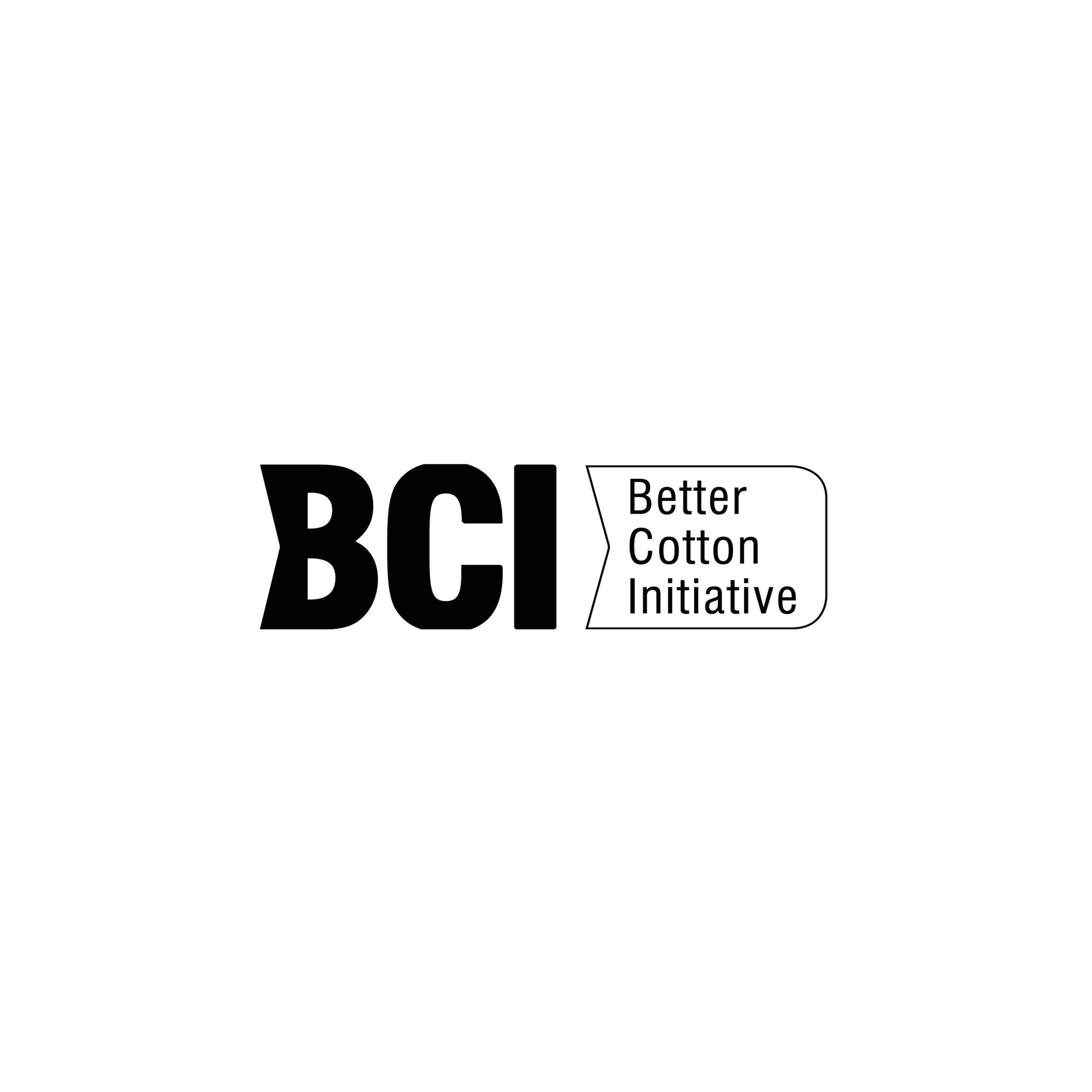
BETTER COTTON INITIATIVE - Le coton est l'une des seules fibres produites dans le monde entier, il permet à des centaines de milliers d'agriculteurs de gagner leur vie. La BCI est une initiative mondiale aussi vaste et étendue que la production de coton. Elle vise à construire un secteur plus durable en réduisant l'impact de la production de coton, en diminuant le gaspillage d'eau, en améliorant la qualité de la fibre et en préservant la biodiversité et la santé des sols. La BCI agit contre l'utilisation de produits chimiques afin de préserver la santé des sols, de protéger les cultures et la santé des travailleurs.
Sur le plan social, la BCI promeut et garantit un lieu de travail sûr pour ses producteurs et améliore leurs moyens de subsistance.

LEATHER WORKING GROUP - Le Leather Working Group (LWG) est une organisation à but non lucratif responsable de la première certification environnementale au monde pour l'industrie du cuir. L'objectif du LWG est de conformer les fabricants du secteur du cuir sur plusieurs obligations environnementales et sociales et de promouvoir une gestion durable et des pratiques commerciales liées à la protection de l'environnement, telles que la réduction de l'utilisation de produits chimiques nocifs pour l'environnement et la santé, l'amélioration de la sécurité des travailleurs et la réduction de la consommation d'eau et d'énergie.
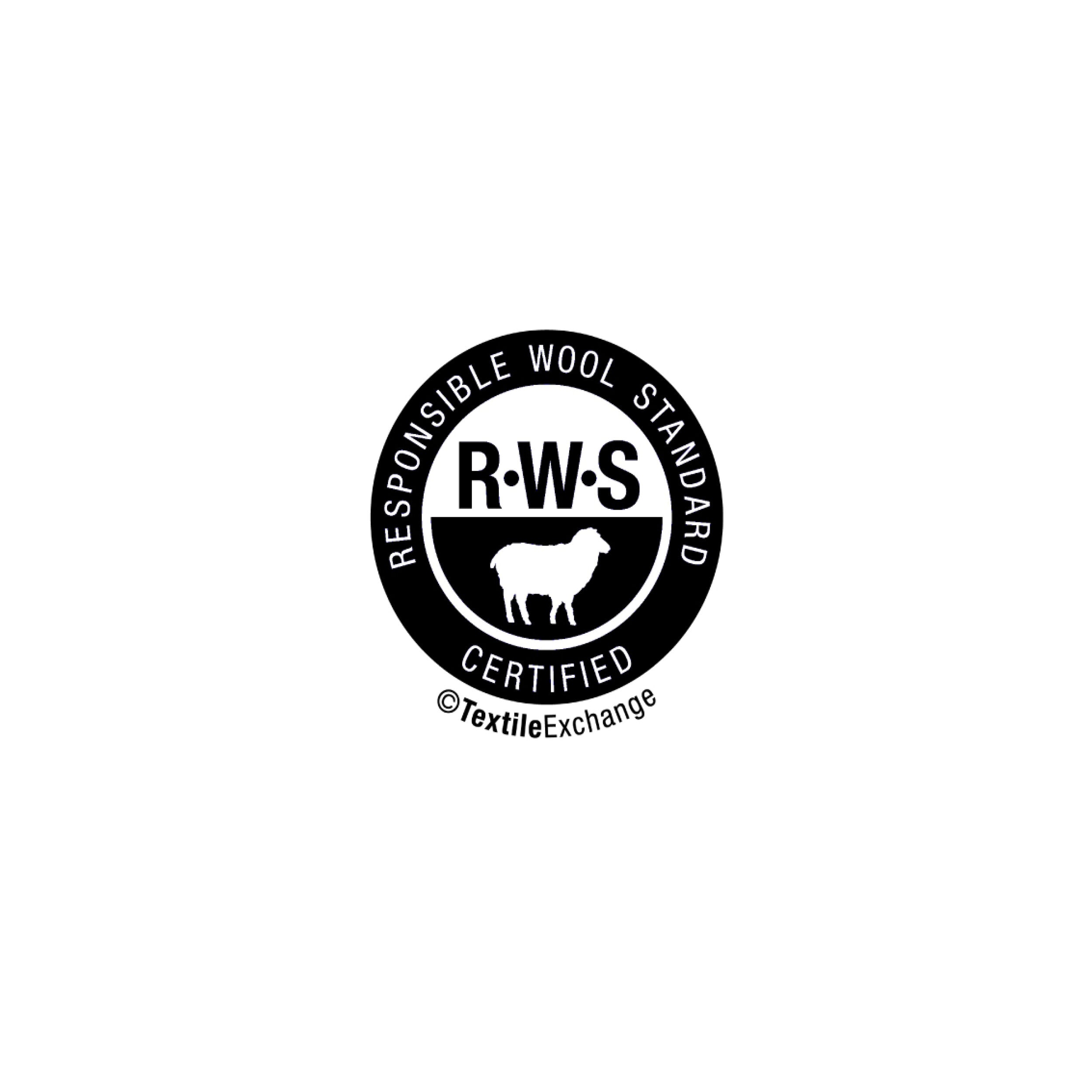
RESPONSIBLE WOOL STANDARD - La certification RWS a été mise en place pour garantir le bien-être des animaux dans les exploitations agricoles. Elle prévoit des vérifications et des audits réguliers et permet une plus grande transparence pour les marques de mode. Le label RWS exige que tous les sites soient certifiés, des éleveurs jusqu'aux vendeurs lors de la transaction finale entre entreprises. En général, la dernière étape à être certifiée est celle du fabricant de vêtements ou de la marque. Les fermes sont certifiées selon les modules bien-être animal, gestion des terres et social de la RWS.
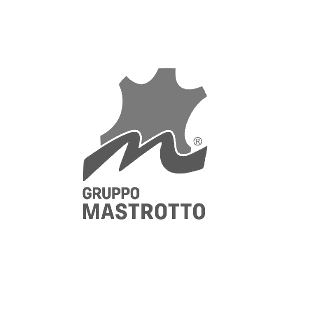
GRUPPO MASTROTTO - Le groupe Mastrotto, qui fournit le cuir utilisé dans certains de nos sacs et souliers Rosaé, peut désormais être labellisé « Carbon Neutral » en ce qui concerne les émissions directes et indirectes - ce qui signifie qu'il n'a pas d'impact négatif sur le réchauffement climatique.
Gruppo Mastrotto a réussi à compenser à la fois les émissions Scope 1 - celles générées directement par les actifs détenus par la société ou les actifs que la société contrôle de manière opérationnelle - et les émissions Scope 2 qui comprennent les émissions générées indirectement par le type d'énergie utilisé. La certification de neutralité carbone est le résultat de la réduction des émissions de gaz à effet de serre à partir de l'optimisation et de l'efficacité du processus de production : de l'utilisation de panneaux solaires à la réduction de la consommation d'eau, de la réduction de l'utilisation de produits chimiques à l'introduction de méthodes d'amélioration continue de la production. Par la suite, l'entreprise a décidé de n'acheter que de l'électricité provenant de sources renouvelables certifiées.
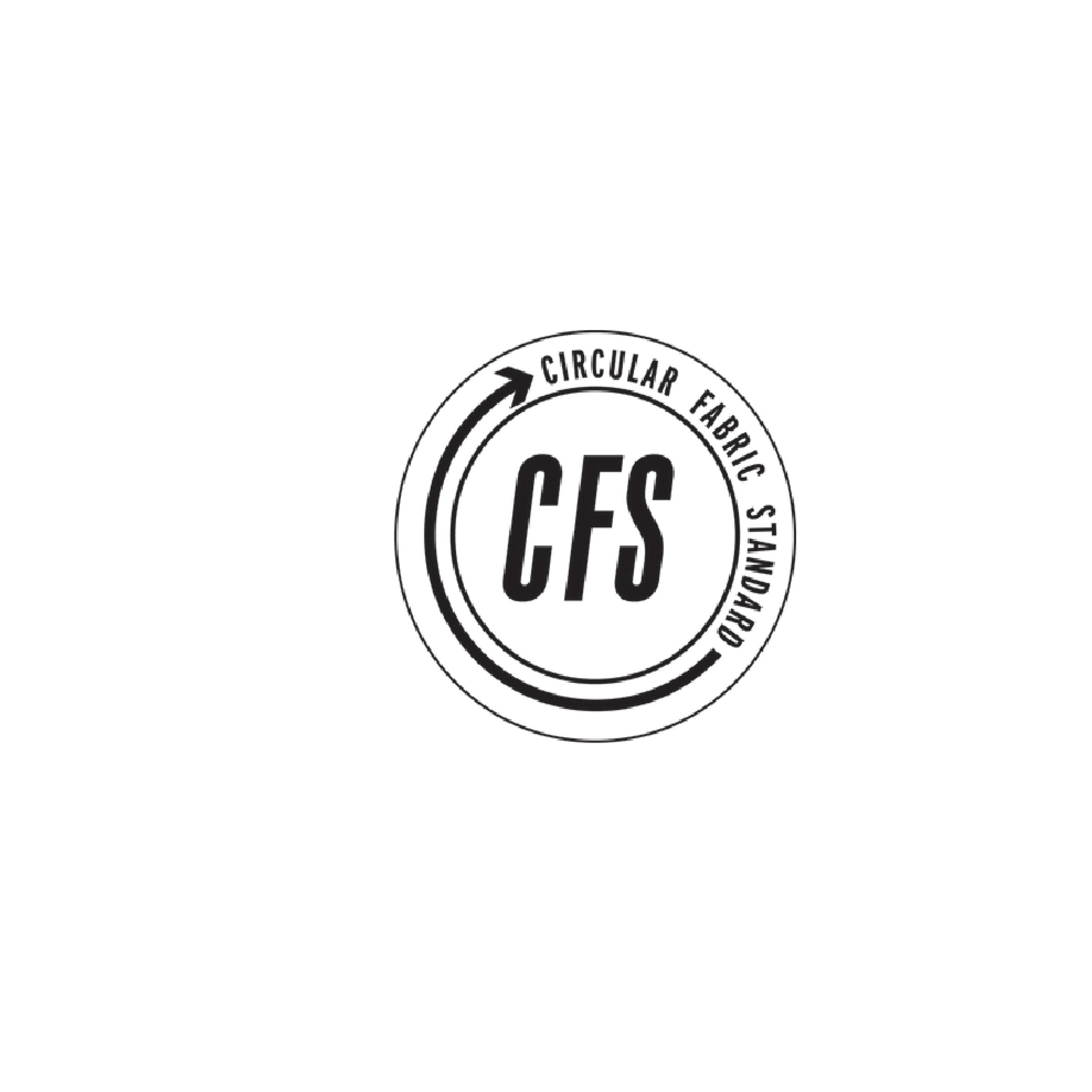
CIRCULAR FABRIC STANDARD - Respectant les normes ISO 14021, ce label garantit que les stocks de tissus dormants sont transformés et recyclés, ce qui permet de réintroduire dans l'industrie de la mode des tissus de créateurs de grande qualité qui, autrement, seraient détruits. CFS offre une seconde vie aux tissus, en garantissant fiabilité, transparence et durabilité. Tous les partenaires opèrent conformément aux restrictions internationales en matière de produits chimiques et respectent un code de conduite éthique.
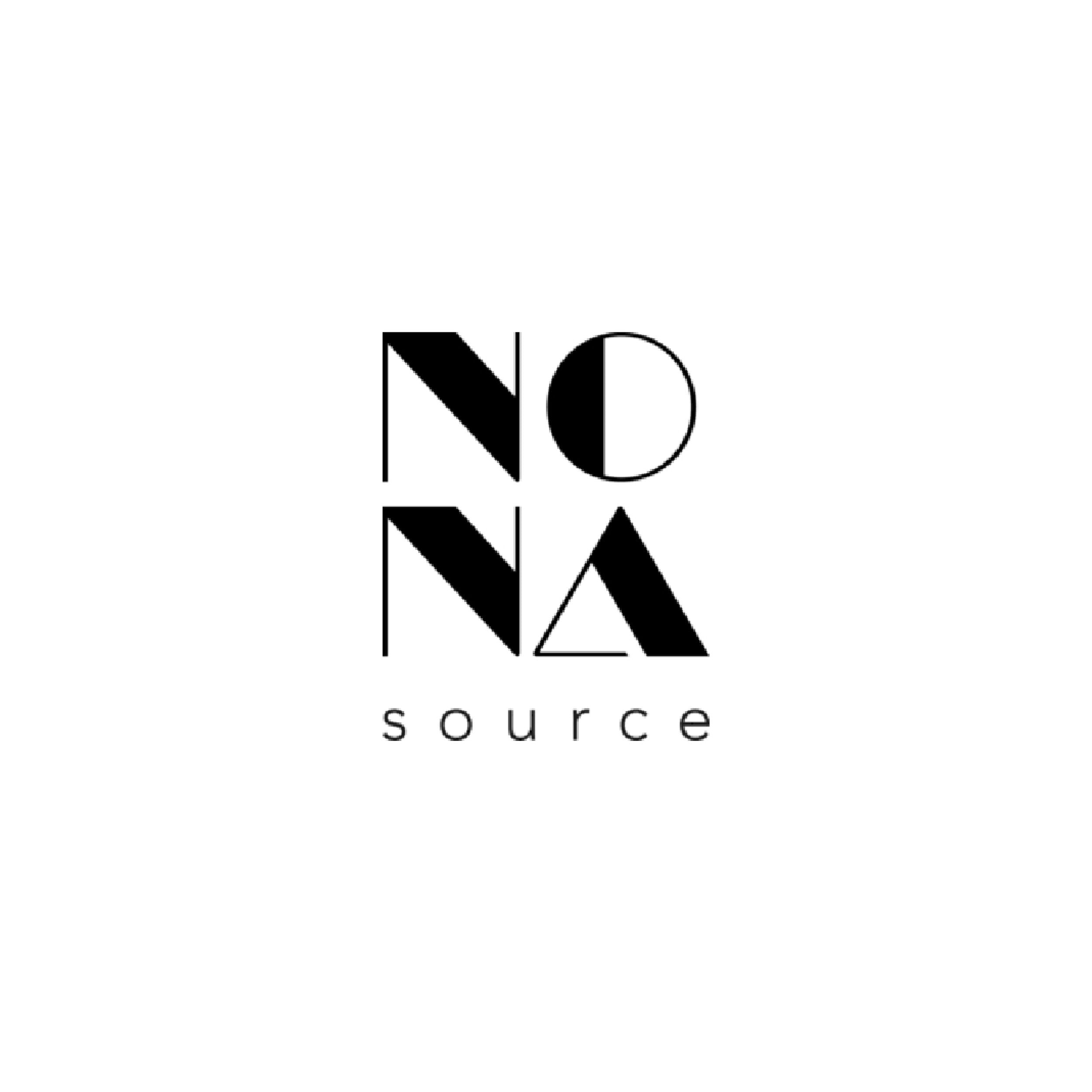
NONA SOURCE - Nona Source, plateforme d'upcycling soutenue par le Groupe LVMH, revalorise les tissus dormants des grandes Maisons de Luxe du Groupe. La plateforme propose ainsi des tissus d'une rare qualité, tous utilisés par des maisons de luxe reconnues. Elle promeut et encourage une mode plus durable et circulaire, en stimulant l'innovation et la création.
RESPONSABILITÉ SOCIALE
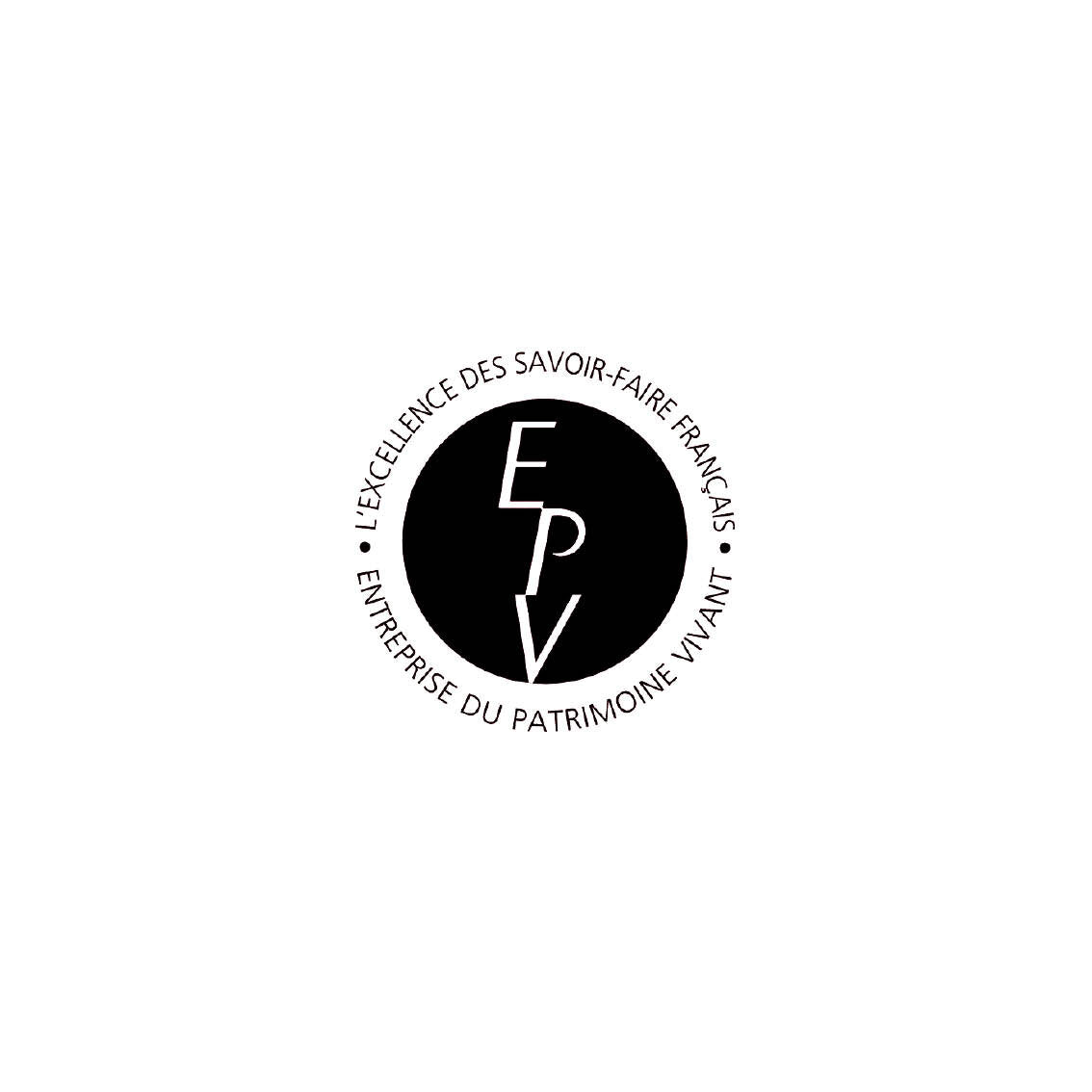
ENTREPRISE DU PATRIMOINE VIVANT - Le label EPV a été créé en 2005 par le Gouvernement Français. EPV signifie Entreprise du Patrimoine Vivant. Il identifie et met en valeur des savoir-faire uniques et de haute technicité réalisés dans des ateliers Français par des artisans Français. Il concerne uniquement les arts et la culture, la gastronomie et l'industrie. Ce label favorise l'excellence « à la française » et son rayonnement dans le monde. Leur programme complémentaire aide les membres de ce label à améliorer leur communication à l'étranger et leur processus d'exportation. Le Gouvernement Français accorde également des réductions fiscales et des investisseurs partenaires permettent de développer les projets de croissance et les campagnes de financement des entreprises labellisées EPV.
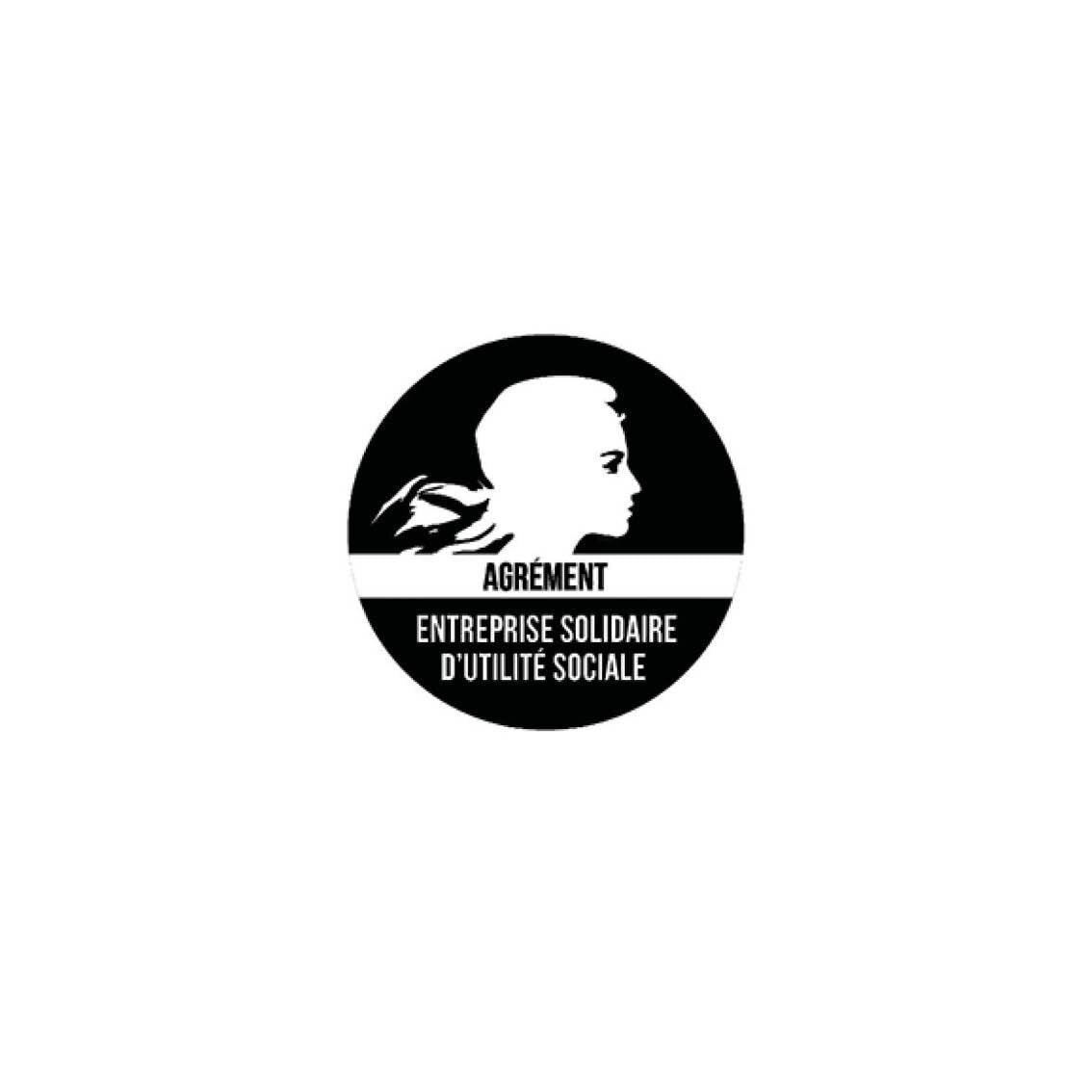
ENTREPRISE SOLIDAIRE D'UTILITÉ SOCIALE - L'entreprise solidaire d'utilité sociale est une certification spécifique pour les entreprises Françaises. Leur objectif principal doit être d'utilité sociale : aider les plus vulnérables, favoriser l'éducation ou le développement durable. Pour être certifiée, l'entreprise doit prouver son impact économique et social. En ce qui concerne la rémunération des dirigeants, elle ne peut excéder 7 fois le salaire minimum français. Leurs actions ne peuvent être valorisées en bourse.
Nous sommes fiers de travailler avec une Entreprise Solidaire d'Utilité Sociale, une entreprise détenue par ses salariés.
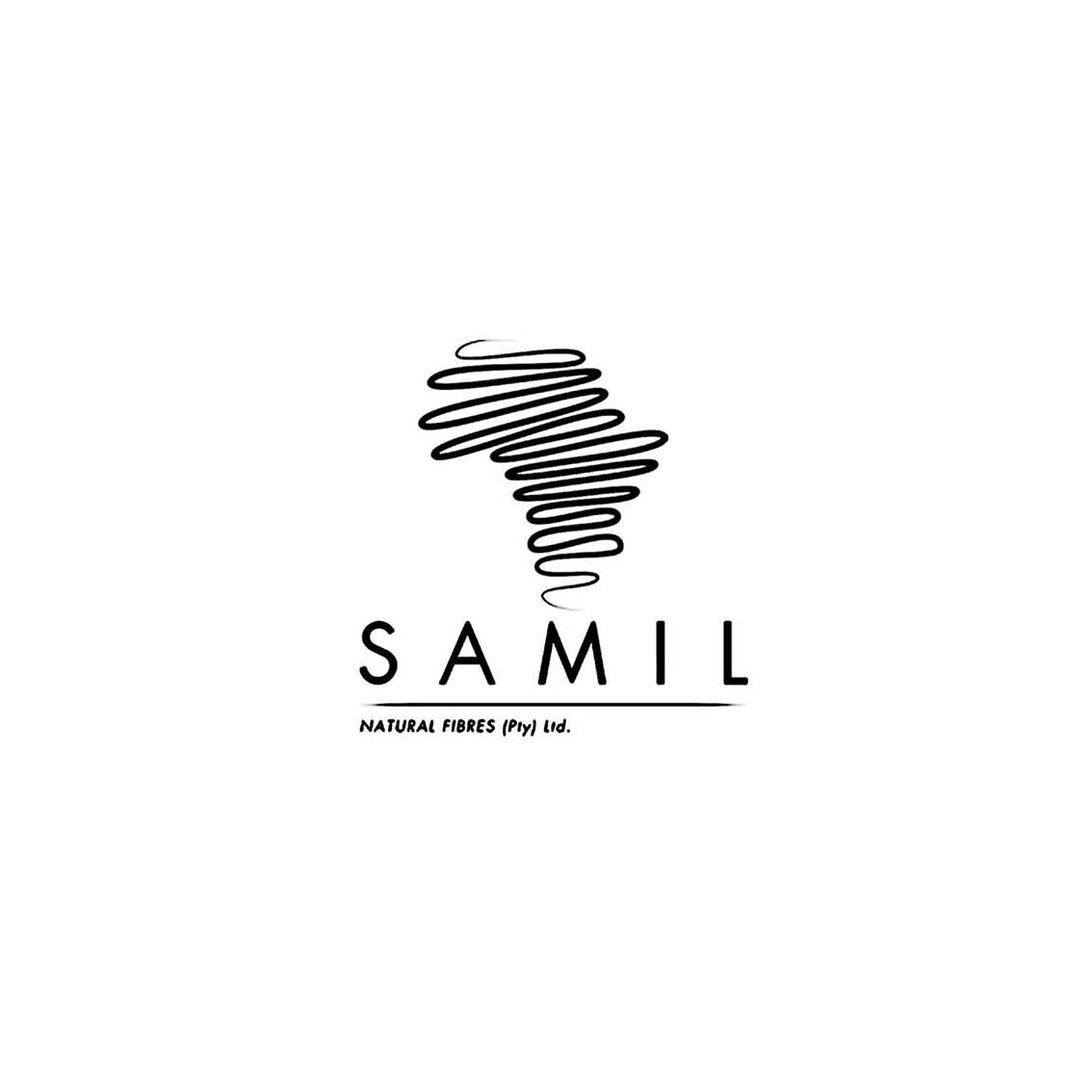
SAMIL - Samil Fibres est née en 1992, en Afrique du Sud, où elle a accumulé des décennies de savoir-faire dans la fabrication du mohair. Leurs fils de mohair sont fabriqués à partir des fibres naturelles les plus fines. Leur mohair est mélangé avec une soie magnifique et responsable. La fibre est produite dans des fermes très durables, où l'organisation Samil aide les agriculteurs à devenir indépendants, à préserver leurs emplois et leur savoir-faire.
L'organisation garantit également la parfaite traçabilité de ses fils.
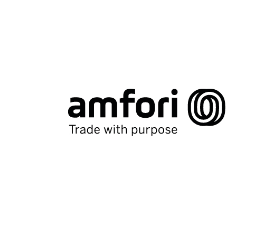
AMFORI BSCI - AMFORI BSCI est une communauté qui permet aux entreprises d'auditer, de s'engager, de se responsabiliser et de recevoir un soutien pour placer le commerce durable au cœur de leurs activités.
Les entreprises qui rejoignent l'AMFORI BSCI acceptent de respecter un code de conduite spécifique qui énonce divers principes de travail, tels que le droit à la liberté d'association et à la négociation collective, une rémunération équitable, l'interdiction de la servitude pour dettes, la protection de l'environnement, la garantie d'horaires de travail décents, l'interdiction du travail des enfants, l'interdiction de l'emploi précaire, un comportement éthique dans les affaires, la protection de la santé et de la sécurité des travailleurs ou l'interdiction de toute discrimination.
Pour faire partie de la communauté AMFORI BSCI, les entreprises sont strictement auditées, ce qui garantit un niveau élevé de responsabilité sociale et économique tout au long de la chaîne d'approvisionnement mondiale.

